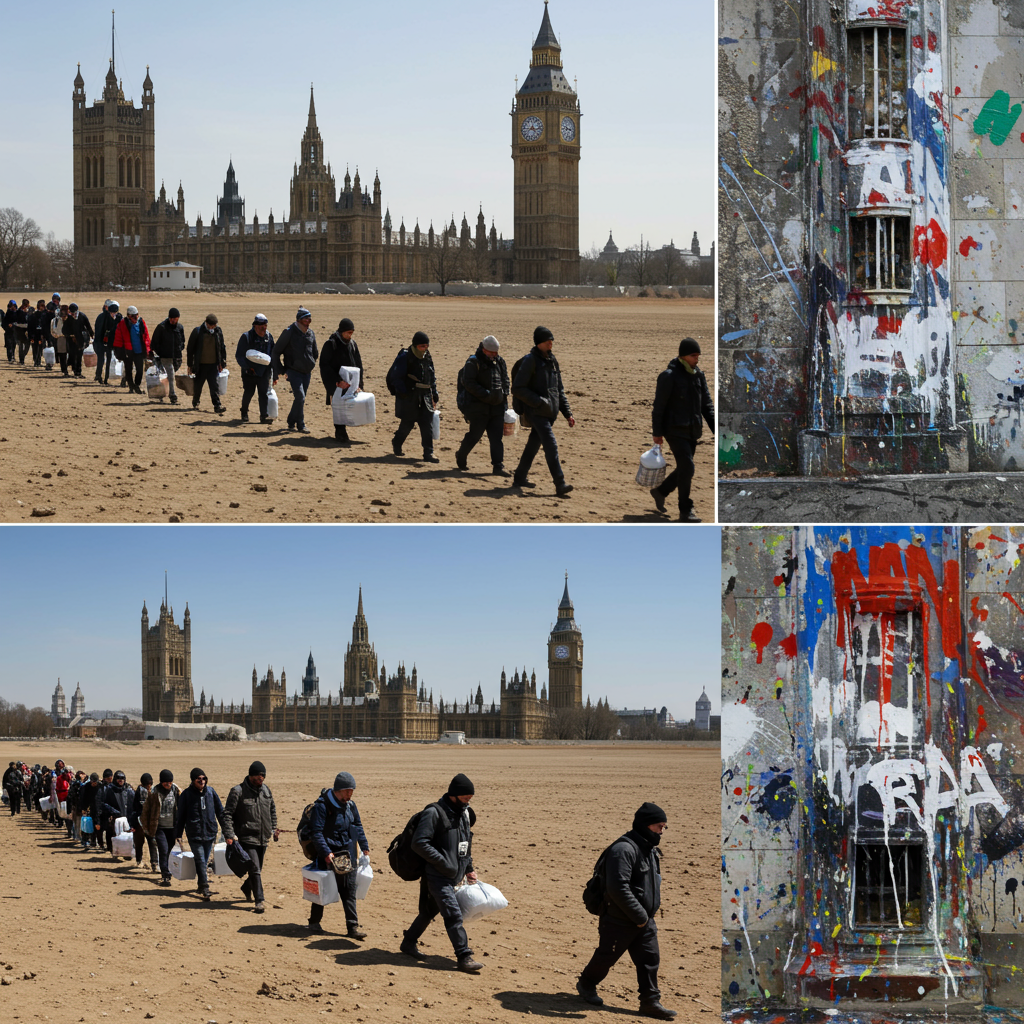A major new global study has delivered a stark warning: progress in childhood vaccinations worldwide has stalled and even reversed in recent years. This concerning trend leaves millions of children vulnerable to potentially deadly, yet preventable, diseases.
The comprehensive analysis, published in The Lancet medical journal and led by researchers at the University of Washington’s Institute for Health Metrics and Evaluation, examined half a century of global vaccination data from 1980 to 2023 across 204 countries and territories, drawing on over 1,000 data sources.
A Half-Century of Success Undermined
For decades, global vaccination efforts represented one of public health’s most significant triumphs. The World Health Organization’s Expanded Programme on Immunization (EPI), established in 1974, achieved remarkable success, reaching more than 4 billion children and preventing an estimated 150 to 154 million childhood deaths. Global coverage for key initial vaccines saw significant increases between 1980 and 2023, and the number of unvaccinated “zero-dose” children globally dropped by 75% by 2019.
However, this historical success masks a troubling recent reality. The study reveals that progress began stagnating around 2010 and sharply declined after 2020, exacerbated by the COVID-19 pandemic. By 2023, nearly 16 million children globally had not received any routine childhood vaccinations.
Where Progress Has Reversed
The decline isn’t limited to specific regions; it highlights persistent global inequalities while also affecting wealthier nations:
Persistent Disparities: Over half of the 15.7 million unvaccinated children in 2023 lived in just eight countries, predominantly in sub-Saharan Africa (53%) and South Asia (13%). These areas face challenges like armed conflict, political volatility, economic uncertainty, climate crises, and displacement.
Worrying Declines in High-Income Countries: Vaccination coverage for at least one dose of essential vaccines has decreased in 21 of 36 high-income nations, including France, Italy, Japan, the UK, and the US. Measles vaccination rates alone have fallen in nearly 100 countries worldwide.
Between 2020 and 2023, an estimated 15.6 million children missed the full DTP (diphtheria, tetanus, pertussis) series or a measles vaccine, while 15.9 million missed a polio vaccine. The pandemic directly contributed to an estimated 12.8 million additional zero-dose children during this period.
A “Perfect Storm” of Contributing Factors
Experts and study authors attribute the faltering progress to a confluence of complex issues, describing the situation as a “perfect storm”:
- Persistent Global Health Inequalities: Unequal access to healthcare infrastructure and services remains a major barrier in many low- and middle-income countries.
- COVID-19 Pandemic Disruptions: Lockdowns, overwhelmed healthcare systems, and resource redirection severely disrupted routine immunization programs globally.
- Rising Misinformation and Vaccine Hesitancy: Identified as the “biggest new factor,” soaring levels of vaccine misinformation contribute significantly to parental hesitancy and declining public trust in vaccination programs.
- Reduced Funding and Political Challenges: Cuts in global health funding and foreign aid from wealthy nations like the USA and UK, coupled with decisions based on “ill-informed opinion rather than science,” make vaccine delivery difficult in vulnerable populations.
- Conflict and Instability: Growing numbers of countries affected by civil unrest and wars pose significant logistical hurdles to reaching children with life-saving vaccines.
- Sustained Investment: Maintaining and increasing funding for global vaccination programs, recognized as one of the most powerful and cost-effective public health interventions.
- www.theguardian.com
- www.bbc.com
- www.technologynetworks.com
- www.aol.com
- daijiworld.com
The Grave Consequences: Increased Outbreak Risk
The most critical outcome of stalled vaccination rates is the increased risk of outbreaks of vaccine-preventable diseases. Experts warn that without a reversal of this trend, “more children will be hospitalised, permanently damaged, and die from fully preventable diseases.”
Evidence of this rising risk is already apparent:
A nearly tenfold increase in measles infections in Europe in 2024.
Increasing numbers of wild-type polio cases in Afghanistan and Pakistan, and an outbreak in Papua New Guinea.
A significant measles outbreak in the US in 2025, surpassing the previous year’s total.
Urgent Action Needed to Meet 2030 Targets
The study serves as a clear warning that global immunization targets for 2030 are unlikely to be met under current trends. Accelerated progress is necessary, especially as growing birth cohorts in high zero-dose countries like Nigeria and Ethiopia place additional pressure on healthcare systems.
Researchers and experts urge a concerted global effort to address the crisis. Key recommendations include:
Strengthening Primary Healthcare Systems: Ensuring robust healthcare infrastructure in all countries to facilitate routine vaccine delivery.
Actively Combatting Misinformation and Hesitancy: Building trust, engaging community leaders, and tailoring interventions with culturally appropriate local strategies to understand and respond to people’s beliefs and concerns.
Ensuring Equitable Access: Working globally to provide better and more equal access to vaccines for all children, regardless of location or circumstance.
Routine childhood vaccinations remain a cornerstone of global health. Reversing the current setback requires immediate, targeted action to protect millions of children from preventable illnesses and ensure the hard-won gains of the past 50 years are not lost.


